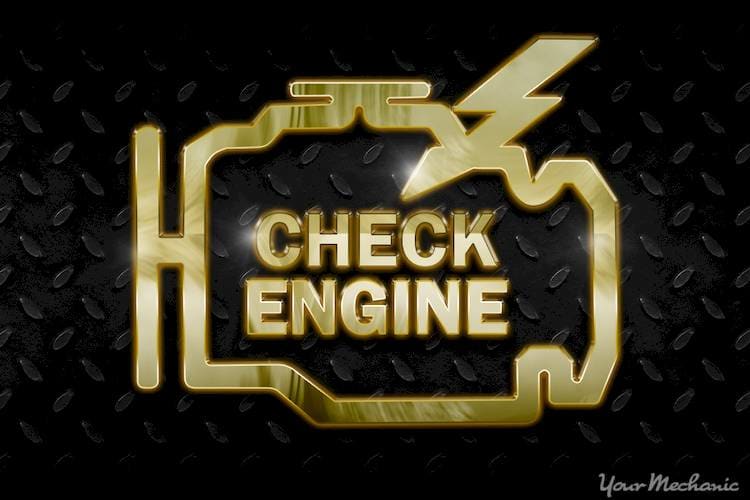B1983 code definition
A B1983 trouble means that your vehicle's Engine Control Unit (ECU) has registered a short circuit issue in the unlock relay circuit for the driver's door.
What the B1983 code means
The unlock relay circuit is in charge of receiving and relaying electrical unlock commands from devices such as a remote fob. In the event of a B1983 code, this circuit has suffered a short, and the vehicle's convenient "power lock" feature won't likely function as a result.
What causes the B1983 code?
Poorly wired and faulty wiring are common causes for a B1983 trouble code. Damaged or loose wiring can sometimes be explained by a recent crash impact. In a handful of B1983 cases, the ECU itself may be faulty, and reporting the trouble code falsely as a result. Although this shouldn't be realistically considered until the circuit-related potential causes have been ruled out, it may be looked into if you can't find anything wrong with the unlock circuit.
What are the symptoms of the B1983 code?
If the driver's door unlock relay circuit has been shorted out, it's very likely that the unlock feature of the driver's door will malfunction. At the least, the lock feature will operate unreliably. The B1983 will come alongside a stored trouble code and illuminated check engine lamp on the dashboard. These symptoms should be considered in a purely diagnostic context, and should be disregarded once the specific code problem has been identified.
How does a mechanic diagnose the B1983 code?
Diagnosing the B1983 trouble code usually begins with a mechanic scanning the ECU with an OBD-II code reader. All electrical wiring relating to the unlocking circuit (including connectors) should be inspected and scanned for the source of the circuit short. Improperly wired, damaged, disconnected and otherwise faulty wiring should be sought out and noted when found. Potentially blown fuses, circuit-related components and the battery charging the system should all be looked over for signs of damage and fault. In addition, components that may have otherwise been fine may have suffered damage for the circuit short.
Common mistakes when diagnosing the B1983 code
Body-related (or B-class) trouble codes may define different issues depending on the make and model of vehicle. Inexperienced mechanics can misinterpret the code's meaning. If code descriptions are mistaken, this will result in unnecessary repairs and expense, all the while doing nothing to solve the real issue.
How serious is the B1983 code?
An unreliable unlocking mechanism won't have any effect on the technical drivability of the vehicle. However, not being able to open or properly unlock the driver's seat door can pose issues of convenience. Luckily, physical workarounds (such as a physical key) can be used in lieu of the fob or electrical controls. As such, the B1983 trouble code should not be considered an urgent concern, although some vehicle users will find the inconvenience enough to make repairs swiftly.
What repairs can fix the B1983 code?
If any components (including the system's charging battery) have been identified as damaged, faulty or broken, they'll need to be replaced or repaired according to the severity of the issue. Any wiring that's been found to be damaged, disconnected or otherwise problematic should be addressed as needed. If the ECU has been found out as faulty, it will require replacement or reprogramming. Once you've made repairs to address the B1983 locking problem, restart the vehicle and test the lock. Doing so immediately will let you know whether or not the issue has been properly addressed.
The process of repairing a locking mechanism will vary based on the type of lock system the vehicle is equipped with. Single wire systems are generally the easiest to repair, although more modern vehicles are typically equipped with tripe wire or even vacuum-engaged locking systems.
Need help with a B1983 code?
YourMechanic offers certified mobile mechanics who will come to your home or office to diagnose and repair your vehicle. Get a quote and book an appointment online or speak to a service advisor at 1-800-701-6230.
OBD-II
trouble codes
B1983





